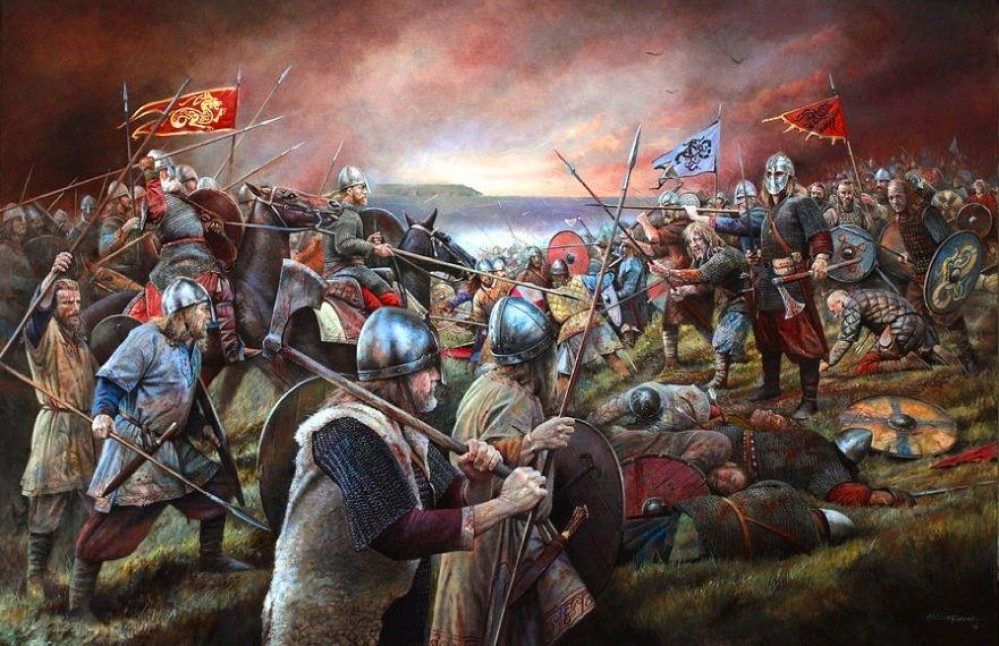
Saga Vikings and Saxons
alfred the great
Alfred the Great (849-899) was the most famous of the Anglo-Saxon kings. Despite overwhelming odds he successfully defended his kingdom, Wessex, against the Vikings. He also introduced wide-ranging reforms including defence measures, reform of the law and of coinage.
He was a keen champion of education and translated important texts from Latin into English.
Known as a just and fair ruler, Alfred is the only English King to have earned the title ‘the Great’.
Facts:
- Alfred was born in 849 at the royal palace in Wantage. He became king in 871 and died in 899.
- He had four older brothers who all ruled as king before he did.
- As a boy of four he accompanied his father Aethelwulf on a pilgrimage to Rome.
- By 870 Northumberland, East Anglia and Mercia has all fallen to the Vikings. Wessex was the only Anglo-Saxon kingdom to hold out against the Vikings.
- In 870 Alfred and his brother Aethelred fought nine battles against the Vikings.
- In 879 Alfred won a decisive victory against the Vikings at Edington.
- After defeating Guthrum the Dane, Alfred made him convert to Christianity and then adopted Guthrum as his foster son.
- In 886 he recaptured London and set about renovating the city.
- Alfred’s fortified towns or burhs formed the basis of the English system of boroughs and shires.
- Alfred believed that all free born English boys should receive an education and he set up a school at his court to educate his sons, as well as those of the nobles and others of lesser birth.































![How To Paint Moonstone’s Nanny | Goblin King Games [7 Days Early Access]](https://images.beastsofwar.com/2024/12/3CU-Gobin-King-Games-Moonstone-Shades-Nanny-coverimage-225-127.jpg)









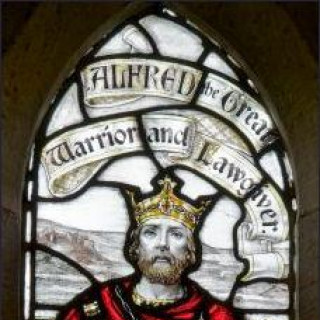
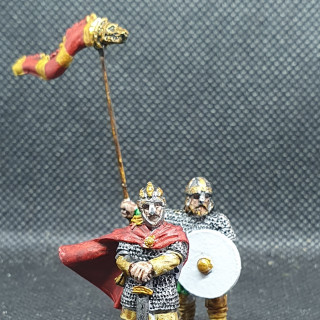




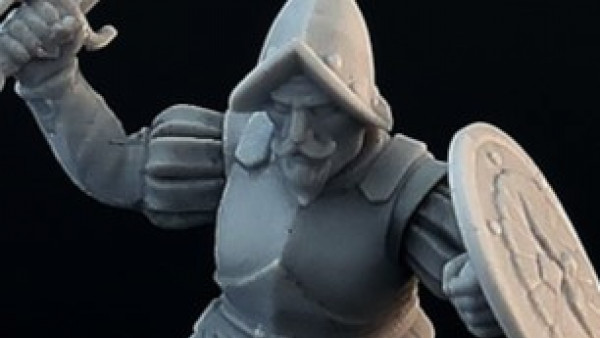






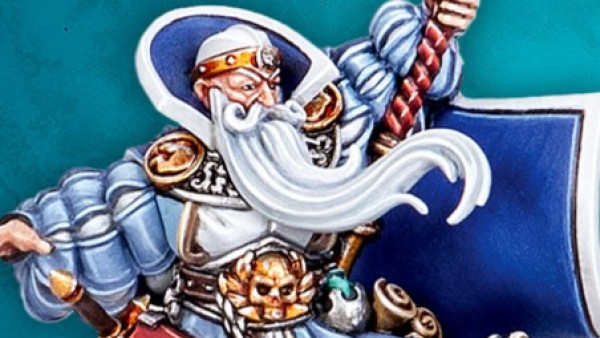





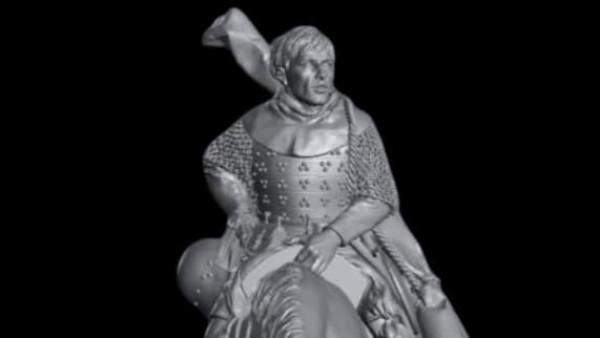
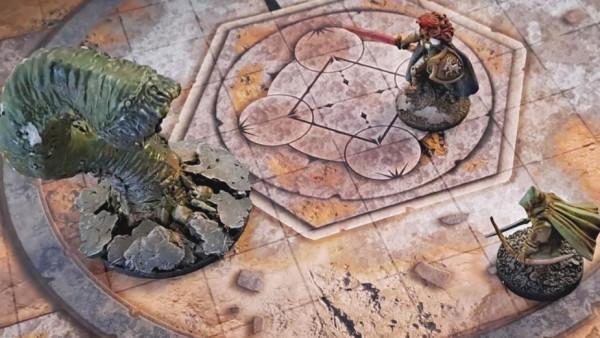
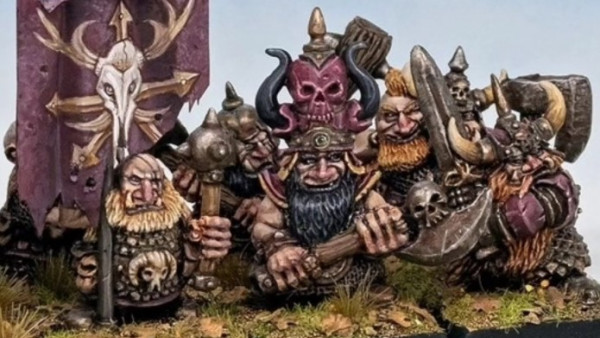


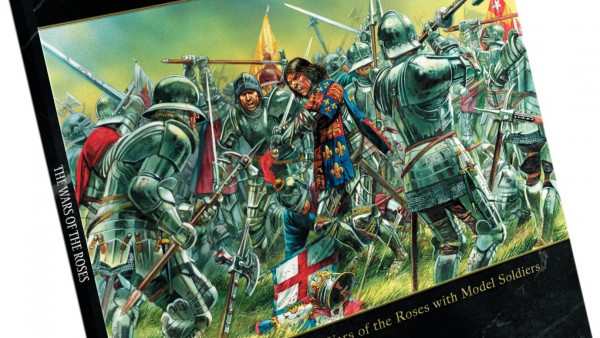

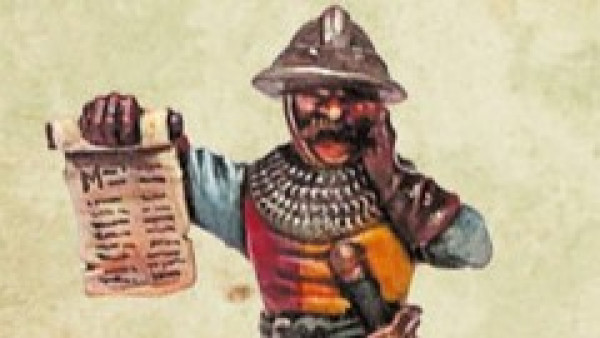
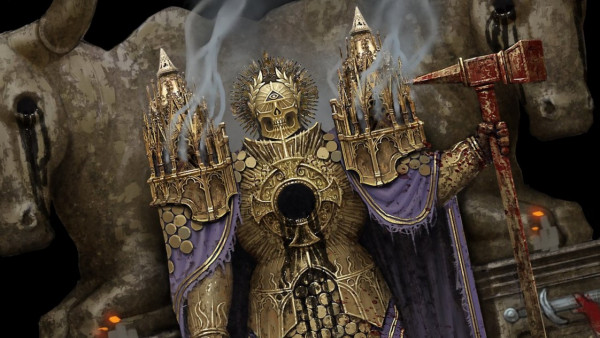





He deservedly got the title of “Great”. And I remember him not only for his life position but also for the fact that he founded a school so that his sons could get an education, even though he was initially an ardent supporter of education. In my research paper on history, I have mentioned his personality and merit. Through the OnlineWritersRating reviews, I chose a service that helped me gather more information and prepare my work. A very interesting time, which hides many secrets and unknown facts, and it’s very curious to study it.
Thanks for sharing!